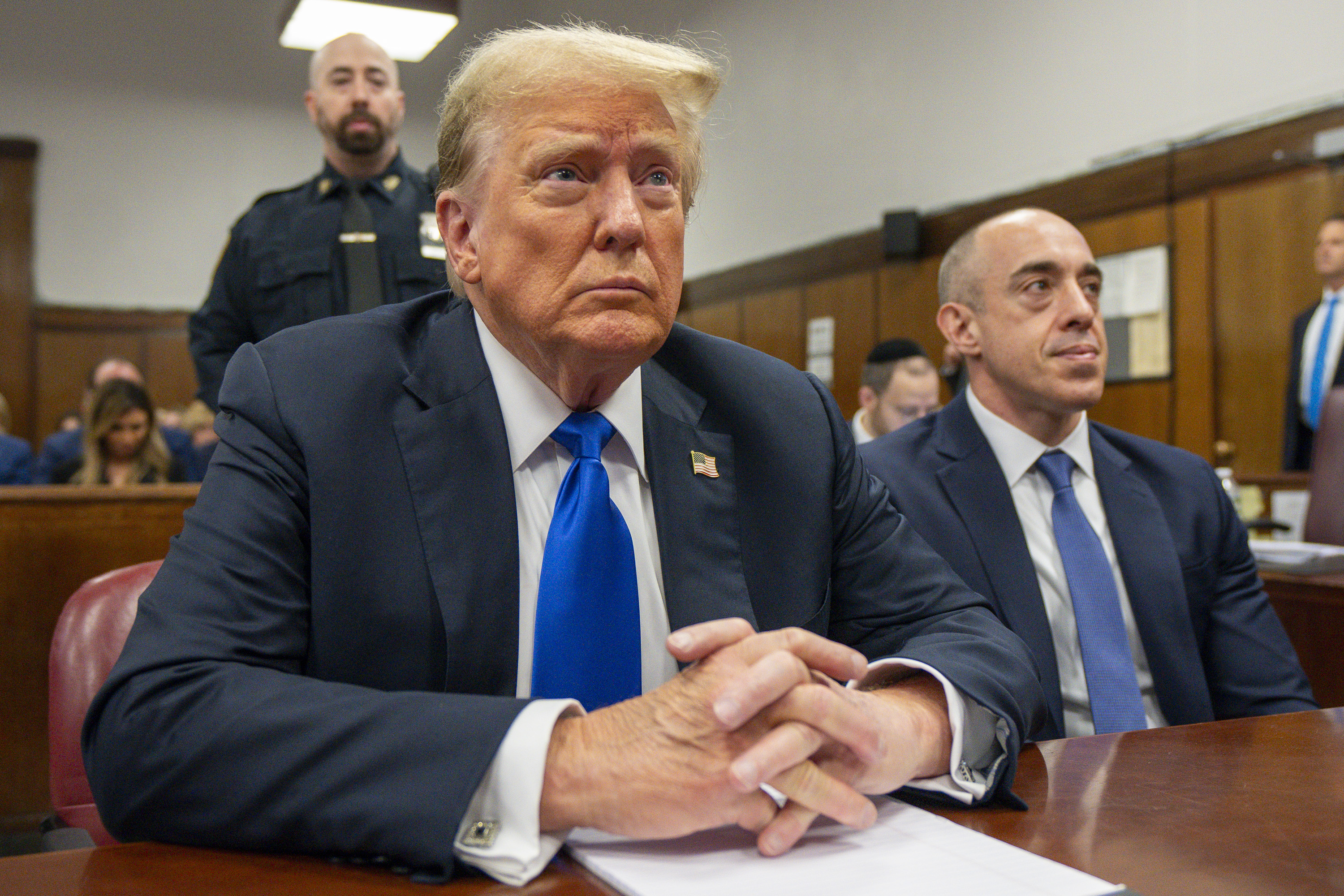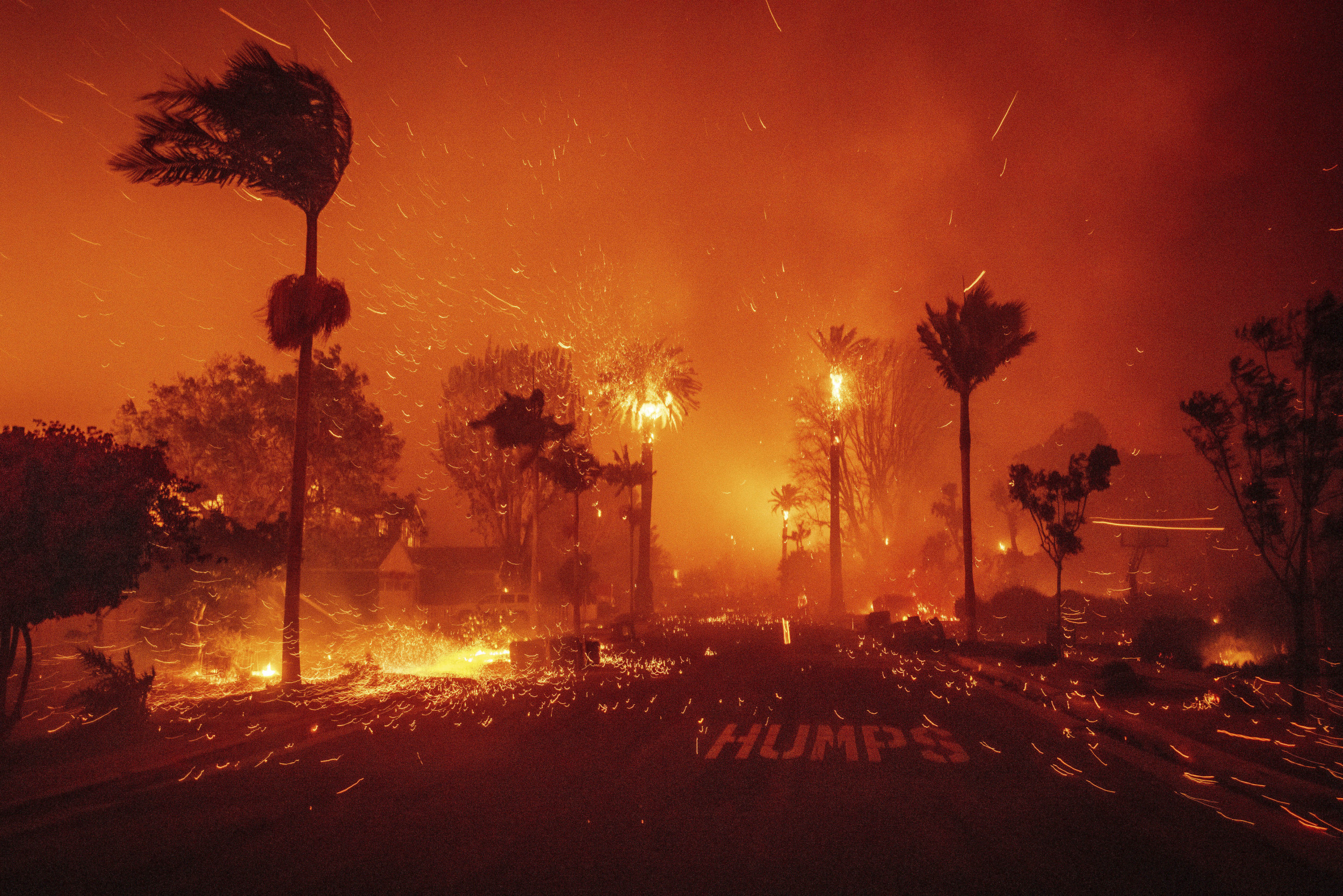Matthew Livelsberger, a Green Beret and the main suspect in the Cybertruck explosion in Las Vegas, used generative AI including ChatGPT, to help plan the attack, according to Las Vegas police on Tuesday.
Why It Matters
Firework mortars and camp fuel canisters were found inside the Tesla Cybertruck that exploded outside President-elect Donald Trump's Las Vegas hotel last week on New Year's Day. The blast resulted in a single casualty, the suspect inside the vehicle, and sparked national attention and a thorough investigation into potential terrorism.
On Thursday, authorities identified the victim as Livelsberger, 37, who reportedly shot himself in the head moments before the explosion. Seven others, meanwhile, were injured in the incident. Authorities found several charred items inside the truck including a handgun at Livelsberger's feet, another firearm, a passport, a military ID, credit cards, an iPhone and a smartwatch.
While Livelsberger's motives for detonating the explosives outside the hotel remain a point of contention, police are now revealing more details about the attack in a news conference.
What To Know
According to Las Vegas police, while a laptop, cellphone and watch are still under review nearly a week after the attack, investigators discovered that Livelsberger used ChatGPT to search for explosive targets, the speed at which certain rounds of ammunition would travel and whether fireworks were legal in Arizona.
Las Vegas Metropolitan Police Sheriff Kevin McMahill described the event as a "concerning moment" noting it marked the first known instance of ChatGPT being used to aid in constructing a dangerous device on U.S. soil.

More Details
The latest details come during a roughly half-hour-long news conference, as Las Vegas police and federal law enforcement officials revealed Livelsberger poured racing-grade fuel into the Cybertruck during his drive to Las Vegas. The truck, loaded with 60 pounds of pyrotechnic materials, detonated shortly after he took his own life with a firearm, which may have triggered the blast.
In addition, authorities revealed Livelsberger, who deployed twice to Afghanistan, left notes explaining his actions as a "wake-up call" for the nation's perceived troubles. These writings touched on political frustrations, societal issues, and international conflicts like the war in Ukraine. However, he expressed no hostility toward Trump, urging Americans to "rally around" the president-elect and Tesla CEO Elon Musk.
In his cellphone notes, Livelsberger alluded to the mental toll of his military service, citing the burden of lives lost and taken saying he needed to "cleanse" his mind "of the brothers I've lost and relieve myself of the burden of the lives I took."
Despite the destructive act, investigators concluded Livelsberger acted alone, with no intent to harm Trump or Musk directly.
What People Are Saying
Kevin McMahill, sheriff of the Las Vegas Metropolitan Police Department said, "This is the first incident that I'm aware of on U.S. soil where ChatGPT is utilized to help an individual build a particular device. It's a concerning moment."
Las Vegas' FBI's special agent in charge Spencer Evans said Friday at a news conference: "Although this incident is more public and more sensational than usual, it ultimately appears to be a tragic case of suicide involving a heavily decorated combat veteran who was struggling with PTSD and other issues."
Deputy Pentagon press secretary Sabrina Singh told reporters Friday that "the [Defense] department has turned over all [of Livelsberger's] medical records to local law enforcement."
Donell Harvin, former Washington D.C. chief of Homeland Security and Intelligence, told CNN's Wolf Blitzer on The Situation Room Friday night, "These new details shed some light on the fact that, in my professional opinion, this was not a politically motivated violence. This is a tragic case as the Las Vegas police said of suicide."
What Happens Next
While the incident raises fresh concerns about the accessibility of generative AI tools and their potential misuse, authorities are still investigating as a laptop, cellphone and watch are still under review.
This article includes reporting from The Associated Press




















 English (US) ·
English (US) ·